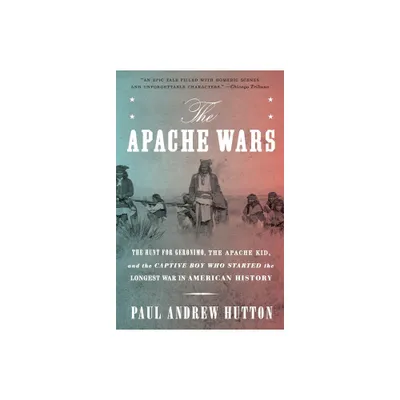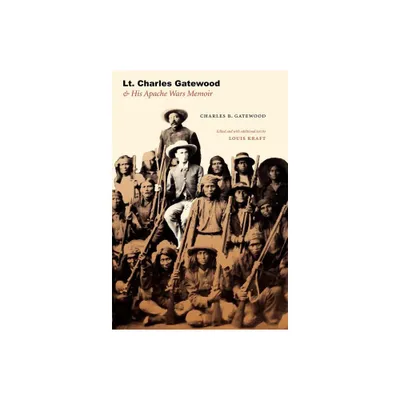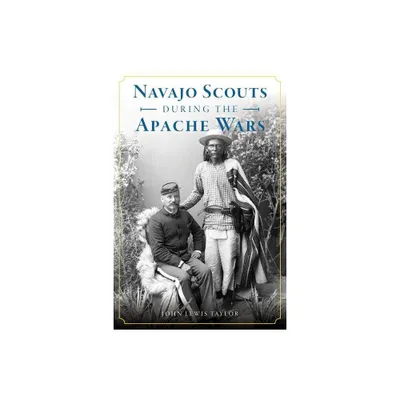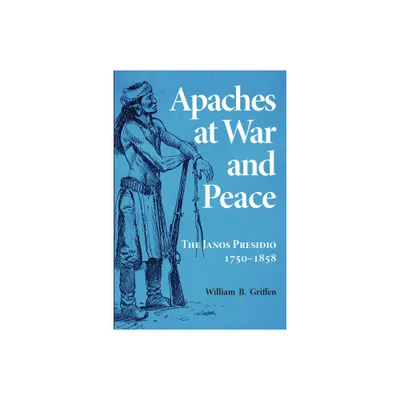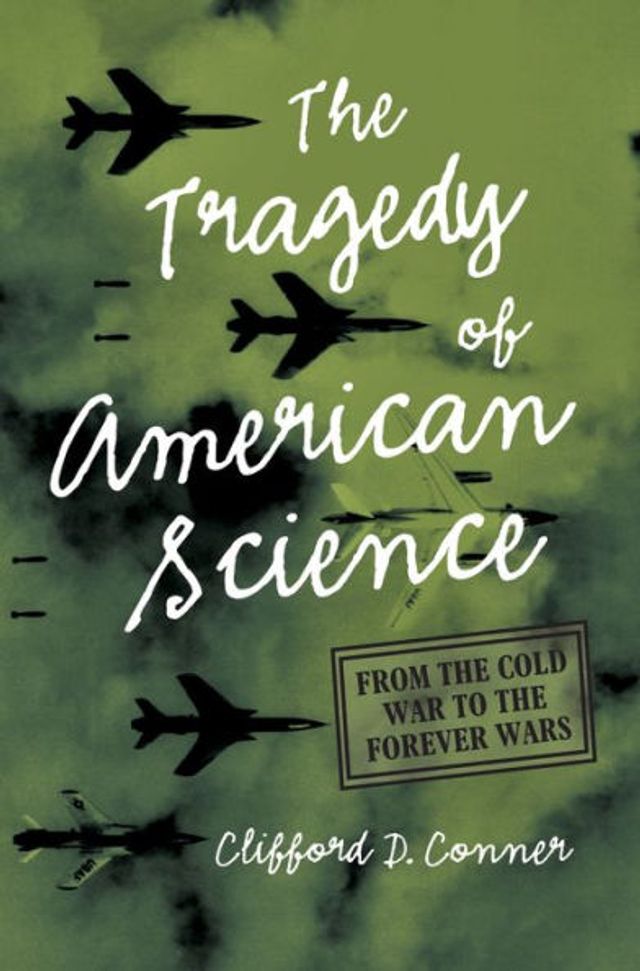Home
Massacre on the Lordsburg Road: A Tragedy of the Apache Wars
Loading Inventory...
Barnes and Noble
Massacre on the Lordsburg Road: A Tragedy of the Apache Wars
Current price: $29.95


Barnes and Noble
Massacre on the Lordsburg Road: A Tragedy of the Apache Wars
Current price: $29.95
Loading Inventory...
Size: OS
*Product Information may vary - to confirm product availability, pricing, and additional information please contact Barnes and Noble
In the spring of 1883 Apache raiders massacred Judge McComas and his wife Juniata and kidnapped their six-year-old son Charley as the family traveled on a desolate road in southwestern New Mexico Territory, all victims of revenge sought by the Apaches for Gen. George Crook's campaign.
At the time, the entire circumstances concerning this tragic incident had not been fully understood--or perhaps cared about. In
Massacre on the Lordsburg Road,
historian Marc Simmons brings to light one of the last massacres of the Indian wars, presenting exactly why and how the McComases met their end on that desolate road, the events that led up to it, and the public reactions that followed.
Simmons recounts the raids and counter-raids leading up to the massacre and General Crook's subsequent Sierra Madre campaign. This was the first use of the "Hot Pursuit Treaty" signed between the United States and Mexico in 1882, allowing troops of either country to follow hostile Indians across the border.
With balanced, honest treatment Simmons constructs from long-buried fragments the events of that fateful day, the motivation for the attack, the subsequent publicity and search for the missing son, and, in broader terms, the cultural friction and clash between the Apache and the settler. The puzzlement of why a reputably wise and able man would lead his family into such a fatal predicament, the pursuit of the Apaches into Mexico by General Crook, and the ironic circumstance of Charley McComas's death at the hands of Crook's troops in a raid on the Apache camp, illustrates that past events were as complex and as human as those today.
Though academically thorough in its exploration and deliverance,
Massacre on the Lordsburg Road
will interest general readers of Indian history.
At the time, the entire circumstances concerning this tragic incident had not been fully understood--or perhaps cared about. In
Massacre on the Lordsburg Road,
historian Marc Simmons brings to light one of the last massacres of the Indian wars, presenting exactly why and how the McComases met their end on that desolate road, the events that led up to it, and the public reactions that followed.
Simmons recounts the raids and counter-raids leading up to the massacre and General Crook's subsequent Sierra Madre campaign. This was the first use of the "Hot Pursuit Treaty" signed between the United States and Mexico in 1882, allowing troops of either country to follow hostile Indians across the border.
With balanced, honest treatment Simmons constructs from long-buried fragments the events of that fateful day, the motivation for the attack, the subsequent publicity and search for the missing son, and, in broader terms, the cultural friction and clash between the Apache and the settler. The puzzlement of why a reputably wise and able man would lead his family into such a fatal predicament, the pursuit of the Apaches into Mexico by General Crook, and the ironic circumstance of Charley McComas's death at the hands of Crook's troops in a raid on the Apache camp, illustrates that past events were as complex and as human as those today.
Though academically thorough in its exploration and deliverance,
Massacre on the Lordsburg Road
will interest general readers of Indian history.
